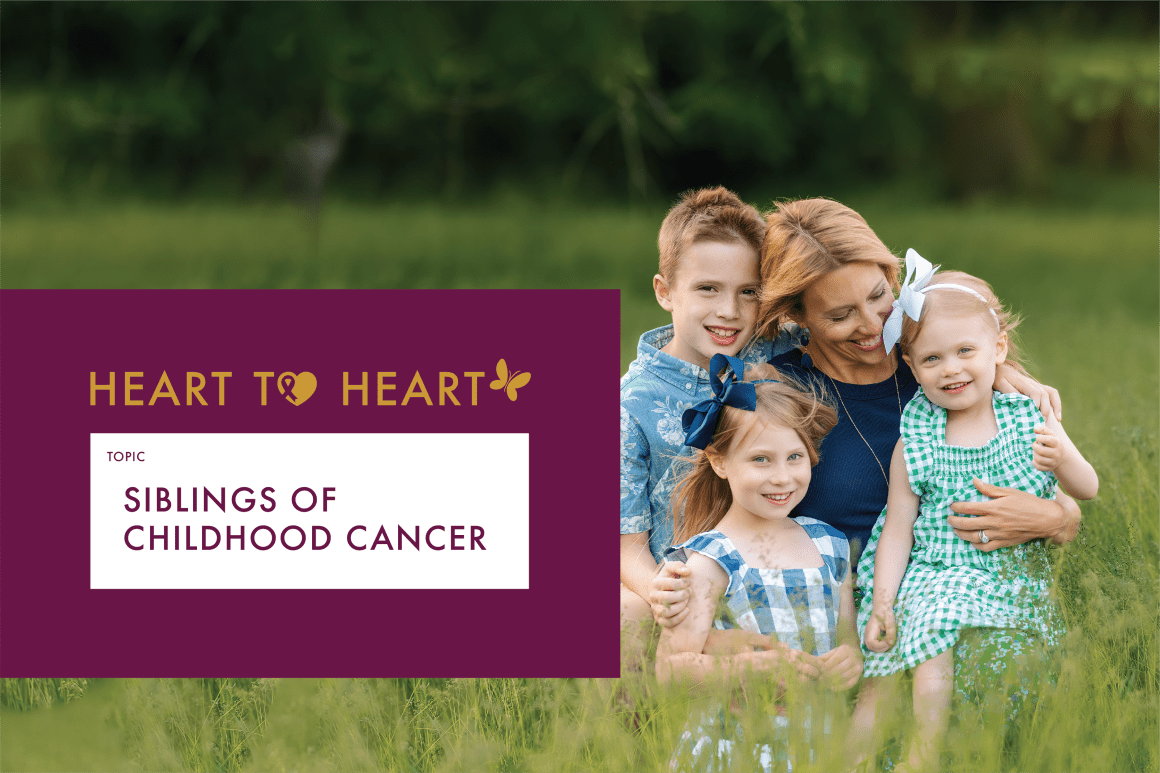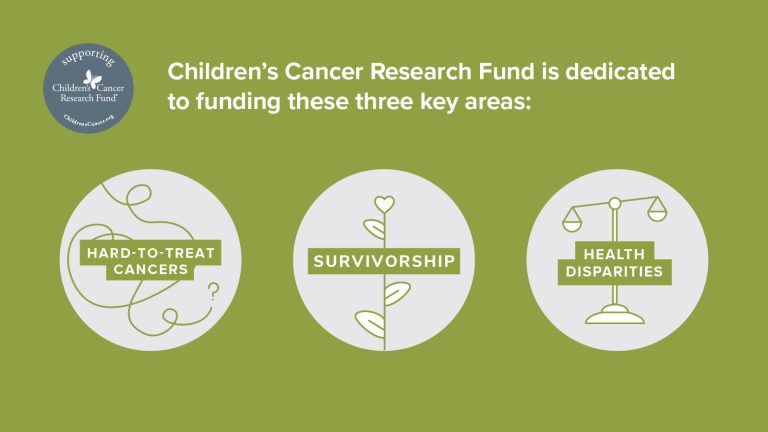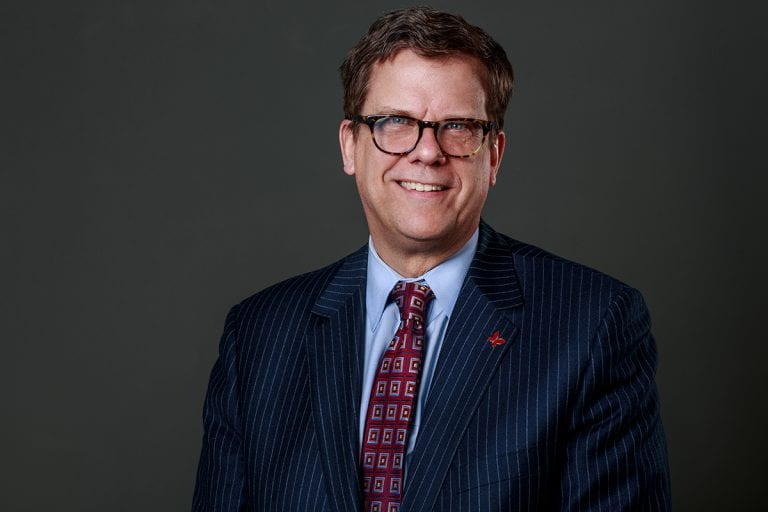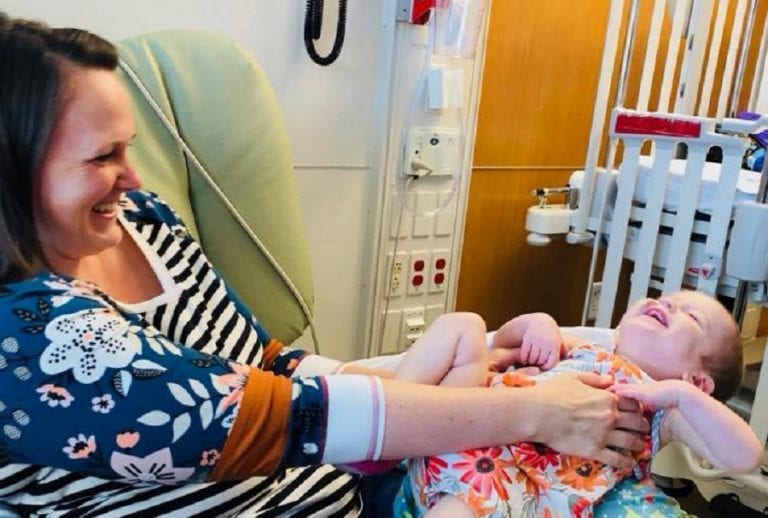When a child is diagnosed with cancer, the balloons, presents and cards go to them, leaving their siblings with many conflicting emotions and a lot less time with their parents. In dealing with this new change, siblings can feel a wide range of emotions and not necessarily know how to handle them.
In partnership with Momcology, we asked moms whose children had cancer to share with us what their other children experienced during diagnosis, treatment and thereafter. Their insights and reflections are below.
What was the most challenging part for the siblings?
“The hardest part for her [our daughter] was being away from us. My husband was working to make ends meet, we were living paycheck to paycheck, and I was with him [our son] in the hospital for seven and a half months straight. She bounced around from grandparent to grandparent. She was very isolated and lonely. She is still working through that and has nightmares about it, fearful it’ll happen again.” - Colleen M.
Colleen’s son was diagnosed at age 2, and her daughter was 8 years old.
“I would come home after they fell asleep and leave before they woke up. I would stay in my clothing and not even change into my pajamas because I was too scared if I got a call, I wouldn’t have time to get there. It affected the different kids differently. We went through this during COVID-19, and the kids had to completely isolate themselves --they had nobody.” - Katherine L.
Katherine’s son was diagnosed at age 4, and her other five children were ages 2-13 at the time.
“I’m always saying they’ll get their time. Even as they get older it doesn’t get easier for them for mom to leave in the middle of the night because of an emergency: One because their sister is having an emergency and two because their mom is leaving.” - Beth H.
Beth’s daughter was diagnosed at age 6, and her other children were 10 and 13.
Did you feel guilty paying more attention to one child than the others? How did you deal with that guilt?
“It was so hard to miss so much. Occasionally, he’ll tell me he doesn’t know what’s going on. There’s the guilt that comes with him finding things out from a random person. There’s guilt in not knowing how to help him.” -Leila Z.
Leila’s daughter was diagnosed at age 10, and her son was 12.
“You make it through the trauma, and you think life will go back to normal...it takes the siblings a long time to realize their feelings. It’s hard for them to understand that the time in the hospital wasn’t quality time, but quantity time that I had to do.” -Kristen K.
Kristen’s son was diagnosed at age 5, and her other children were 2 and 7.
What was the most supportive or helpful thing for the siblings?
“It was helpful that the other siblings had each other. It would’ve made it much harder for me if there was only one sibling.” -Kristen K.
Kristen’s son was diagnosed at age 5, and her other children were 2 and 7.
“During COVID, we started doing family walks at home. We got time to talk one-on-one. Finding that individual time is how I get the best moments with her.” -Jodi W.
Jodi’s daughter was 2 when her sibling was diagnosed with cancer. She’s now 14.
“I got him a mother-son journal with prompts. Every night he would write in it and put it under my pillow, and then I would do the same. It was a fun activity for us.” -Beth H.
Beth’s son is now 20, he was 13 when his sibling was diagnosed with cancer.
By sharing their experiences, the moms gained a sense of community and understanding and a realization that there is no right or wrong way of going about this journey. Though every family's story is a little different, in having these crucial conversations we can find similarities and connect families with others who help them remember that they are not alone.
Every family's story is a little different but in having these crucial conversations they find similarities. There is a realization that there’s no right or wrong way of going about this journey. By sharing their experiences, the moms gained a sense of community. Siblings are an important part of life and after these difficult and confusing times, their feelings are valid.
About Momcology
Momcology, in partnership with Children's Cancer Research Fund, is working to create meaningful content that raises awareness about what families face while going through childhood cancer. By combining CCRF's authentic storytelling capabilities with many voices and experiences from within the Momcology network, we are eager to provide a new platform to amplify caregivers' voices to the public to both accelerate research and raise awareness. Visit Momcology to learn more and join their community.
Sharing Your Story is Powerful
Your story of childhood cancer is powerful - it can raise awareness for what is needed in the world of childhood cancer research and even encourage fundraising for vital research projects. See how your story can make an impact by filling out our Share Your Story form.




